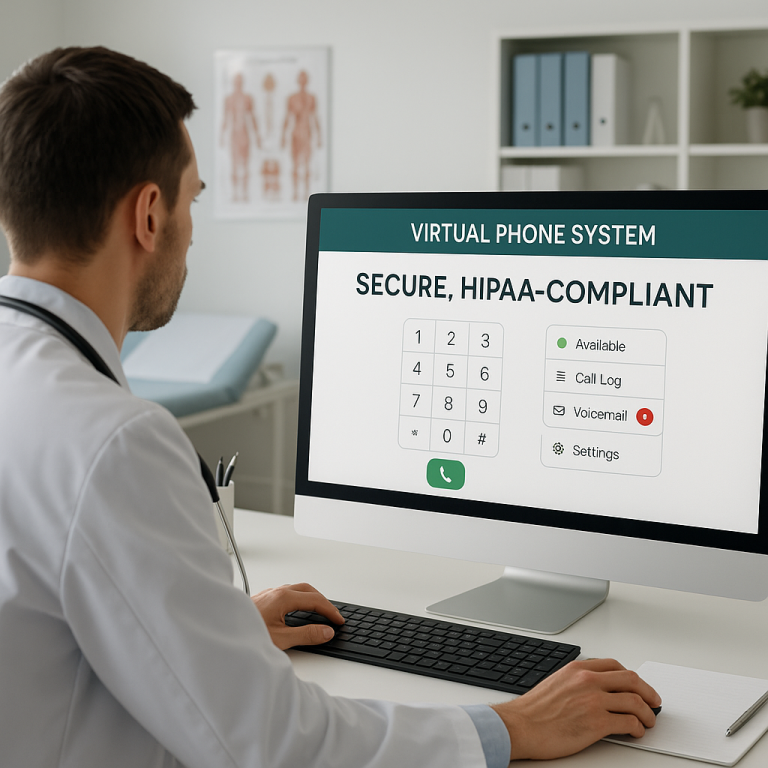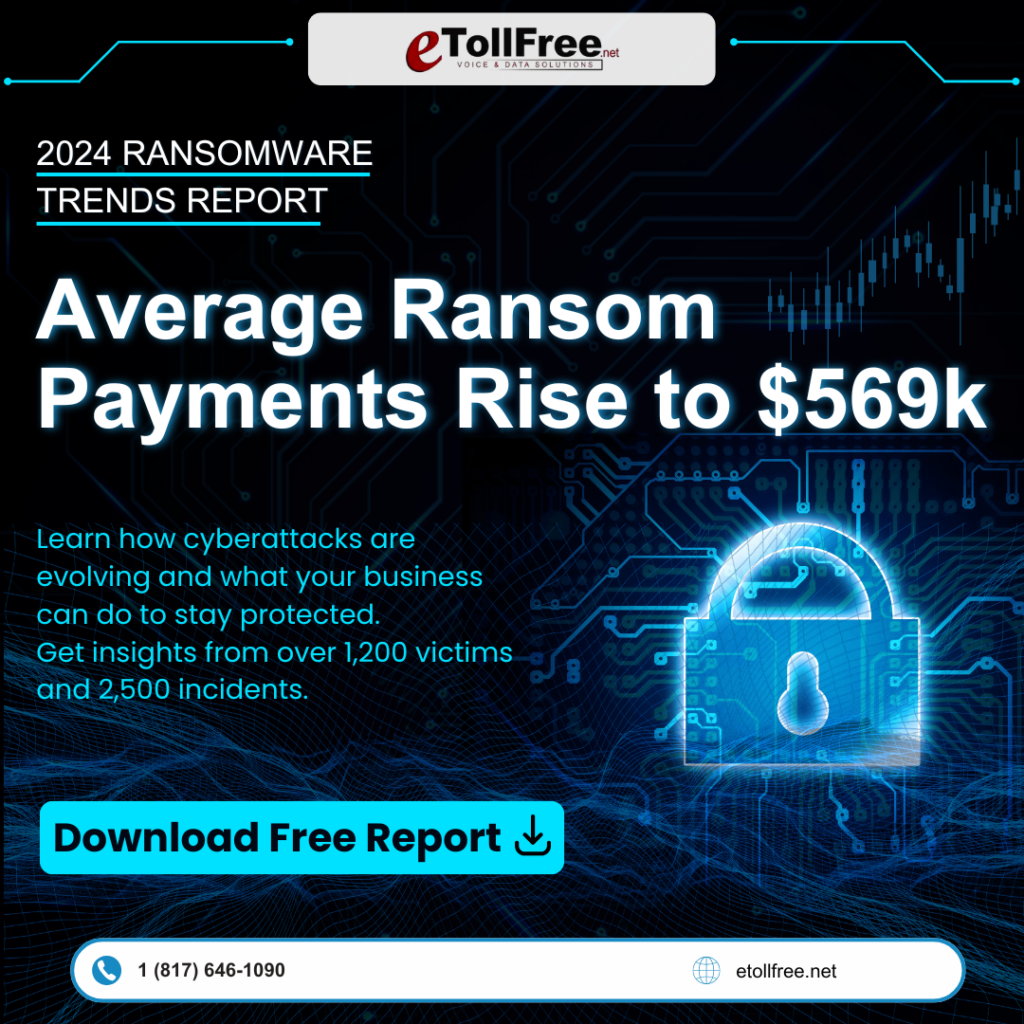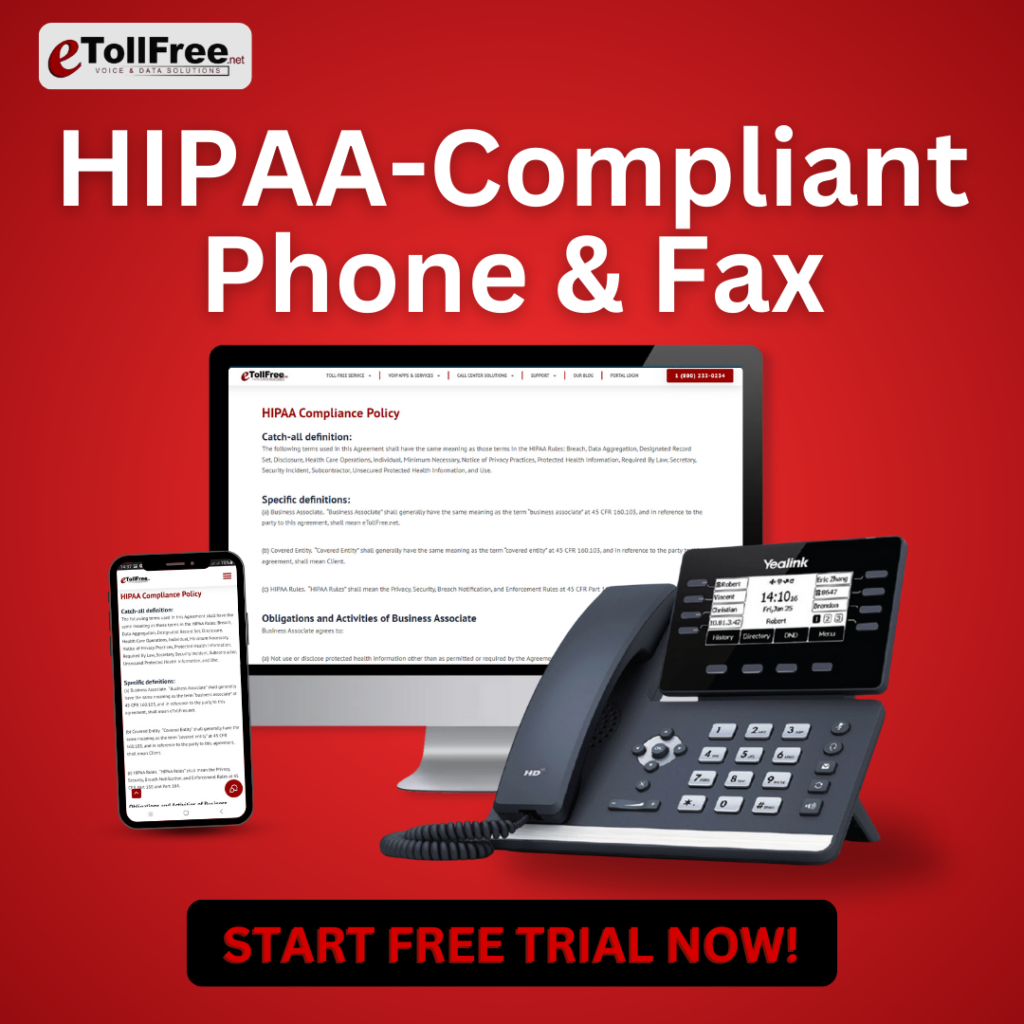HIPAA Compliant Virtual Phone System: Secure Communications for Healthcare Providers
In today’s rapidly evolving digital landscape, ensuring compliance and security is paramount, especially in the healthcare industry. As digital communication becomes indispensable, a HIPAA compliant virtual phone system offers an ideal solution for healthcare providers seeking to protect patient information while optimizing their communication infrastructure.
Understanding What a HIPAA Compliant Virtual Phone System Is
A HIPAA compliant virtual phone system leverages cloud-based technology to facilitate secure telecommunications over the internet. Unlike traditional landlines that use physical infrastructure, these systems, also known as healthcare VoIP or secure virtual phone systems, transmit voice data digitally. This ensures that communications are encrypted and meet the stringent standards set forth by HIPAA for safeguarding patient information.
By adopting a virtual phone system that prioritizes security and compliance, healthcare providers can benefit from a modern communication approach that offers flexibility, efficiency, and reliability. Such systems eliminate the need for physical hardware, support scalability, and are managed by third-party providers who handle updates and maintenance, ensuring continuity with minimal disruption to operations.
Key Features of a Healthcare-Optimized Virtual Phone System
The best VoIP for medical offices offers a suite of features designed to enhance communication while ensuring data protection. Here are some essential features:
- Advanced Call Routing: Seamlessly direct calls to the right department or personnel while maintaining patient confidentiality.
- Auto-Attendant/IVR: Customize greetings and menu options to efficiently manage patient calls and reduce wait times.
- Voicemail Transcription: Convert voice messages to text, making it easier for healthcare professionals to retrieve and act on patient information quickly.
- CRM Integration: Link your phone system with healthcare management software to streamline operations and patient interactions.
- Secure Video Conferencing: Conduct virtual consultations with HD quality and secure data transmission.
Addressing Common Concerns with Virtual Phone Systems
Healthcare providers often have concerns about adopting new technological solutions, especially when patient data is involved. Here are some common concerns and how a HIPAA compliant virtual phone system addresses them:
Securing Patient Information
The primary concern is the security of sensitive patient data. A virtual phone system that complies with HIPAA requirements encrypts all communications, ensuring that any transmitted data is protected from unauthorized access. Providers implement robust security measures, ensuring encryption both in transit and at rest.
Reliability and Call Quality
Healthcare providers worry about call quality and connectivity. Virtual phone systems are designed to prioritize call clarity and minimize disruptions, providing superior service as long as there is a stable internet connection. Providers offer quality of service (QoS) settings to prioritize voice traffic, thereby ensuring that calls remain clear and uninterrupted.
Ease of Implementation
Another concern is the implementation process, with fears of disruption during migration. The cloud-based nature of these systems allows for seamless integration without the need for extensive on-site setups. Providers also offer comprehensive support and training to ensure a smooth transition.
The Benefits of Choosing the Right Virtual Phone System for Healthcare
Adopting a virtual phone system tailored for healthcare offers numerous advantages:
- Cost Efficiency: Reduce operational costs by minimizing hardware investment and leveraging lower call rates.
- Scalability: Easily scale the system according to your business needs without additional infrastructure expenses.
- Remote Work Facilitation: Enable healthcare professionals to connect securely and efficiently from any location, improving flexibility and service delivery.
- Professional Image: Maintain a professional and efficient image with enterprise-grade features, improving patient trust and satisfaction.
Conclusion: Embrace Secure Communication with a HIPAA Compliant Virtual Phone System
For healthcare providers, securing patient information while also enhancing communication capabilities is critical. A HIPAA compliant virtual phone system offers a robust solution to these challenges, combining security, flexibility, and efficiency.
If you’re ready to enhance your healthcare communication infrastructure, consider partnering with a trusted provider to help you implement a system that meets all regulatory requirements and positions your practice for success. Enhancing your communication systems ensures not just compliance but also improved patient care and operational efficiency.
For more information on VoIP regulations, you can visit the FCC’s VoIP Guide.
Explore the benefits of HIPAA compliant virtual phone systems and take the next step in secure, efficient healthcare communications today.







